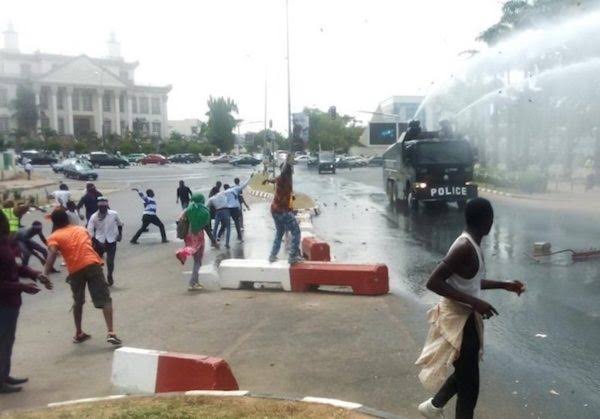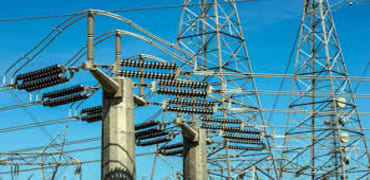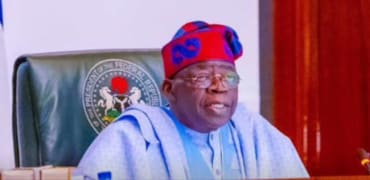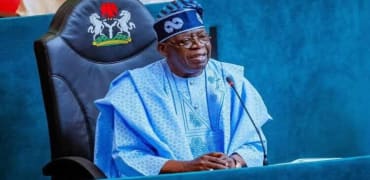Bloody August: Amnesty International Accuses Nigerian Police Of Killing 24 Protesters In Crackdown
Bloody August: Amnesty International Accuses Nigerian Police of Killing 24 Protesters in Crackdown
By Achimi muktar
In a damning report titled "Bloody August: Nigerian Government’s Violent Crackdown on #Endbadgovernance Protests," Amnesty International has accused the Nigerian Police of killing 24 protesters across six northern states during the nationwide demonstrations against corruption and economic hardship earlier this year. The protests, held from August 1 to August 10, 2024, were marred by allegations of excessive use of force and systemic human rights abuses.
Shocking Death Toll and Brutal Tactics
The report, unveiled by Amnesty International’s Country Director, Isa Sanusi, in Kano on Thursday, paints a harrowing picture of violence during the protests. The deaths included 20 young adults, two children, and one elderly person. Among the affected states, Kano recorded the highest casualties with 12 deaths. Other fatalities were reported in Borno (3), Jigawa (3), Niger (3), Kaduna (2), and Katsina (1).
Sanusi detailed how police officers allegedly fired live ammunition at close range, often targeting the head and torso. Survivors recounted being injured by gunfire, tear gas, and even suffocation due to excessive tear gas deployment.
Eyewitness Accounts of Carnage
“Eyewitnesses in Kano, Dutse, Katsina, and Minna described peaceful protests that quickly turned violent when police began firing live rounds and tear gas,” Sanusi revealed. Medical workers and victims’ families corroborated the accounts, providing videos, photographs, and medical records as evidence.
One survivor, an engineer named Khalid Aminu, recounted his harrowing ordeal in Kaduna: “I was tortured for over 60 days after being arrested by DSS operatives. They beat me with sticks and iron cables, poured water on me, and subjected me to unspeakable abuse. I am yet to recover from the trauma.”
Widespread Arbitrary Arrests
Beyond the killings, over 1,200 protesters were reportedly detained, with 146—including minors—facing charges of treasonable felony. High-profile cases, such as Michael Adaramoye’s two-month detention for participating in Abuja protests, highlight the extent of the crackdown.
Social media users who supported the protests also faced harassment, with many arbitrarily detained or tortured.
Government Denial and International Standards
Despite overwhelming evidence, the Nigerian Police have denied involvement, dismissing reports as “fake news” or attributing the killings to “unknown gunmen.” Amnesty International criticized this denial, citing violations of international human rights standards, including the UN Basic Principles on the Use of Force and Firearms by Law Enforcement Officials.
Demands for Justice
Amnesty International has called on President Bola Tinubu’s administration to conduct thorough, transparent investigations into the killings and ensure those responsible are held accountable. “Peaceful protest over government policies should not be a death sentence,” Sanusi stated. The organization also urged the government to release all individuals detained for participating in the protests and to end the cycle of impunity surrounding police misconduct.
A Nation in Mourning
For many Nigerians, "Bloody August" has become a symbol of the deepening divide between citizens and the state. As families mourn their loved ones and survivors recount their ordeals, the call for justice grows louder. Whether this chapter marks a turning point for human rights in Nigeria remains to be seen.
The world watches as Nigeria faces a critical test of accountability and governance. Will justice prevail, or will these atrocities fade into history as yet another tale of impunity?



















